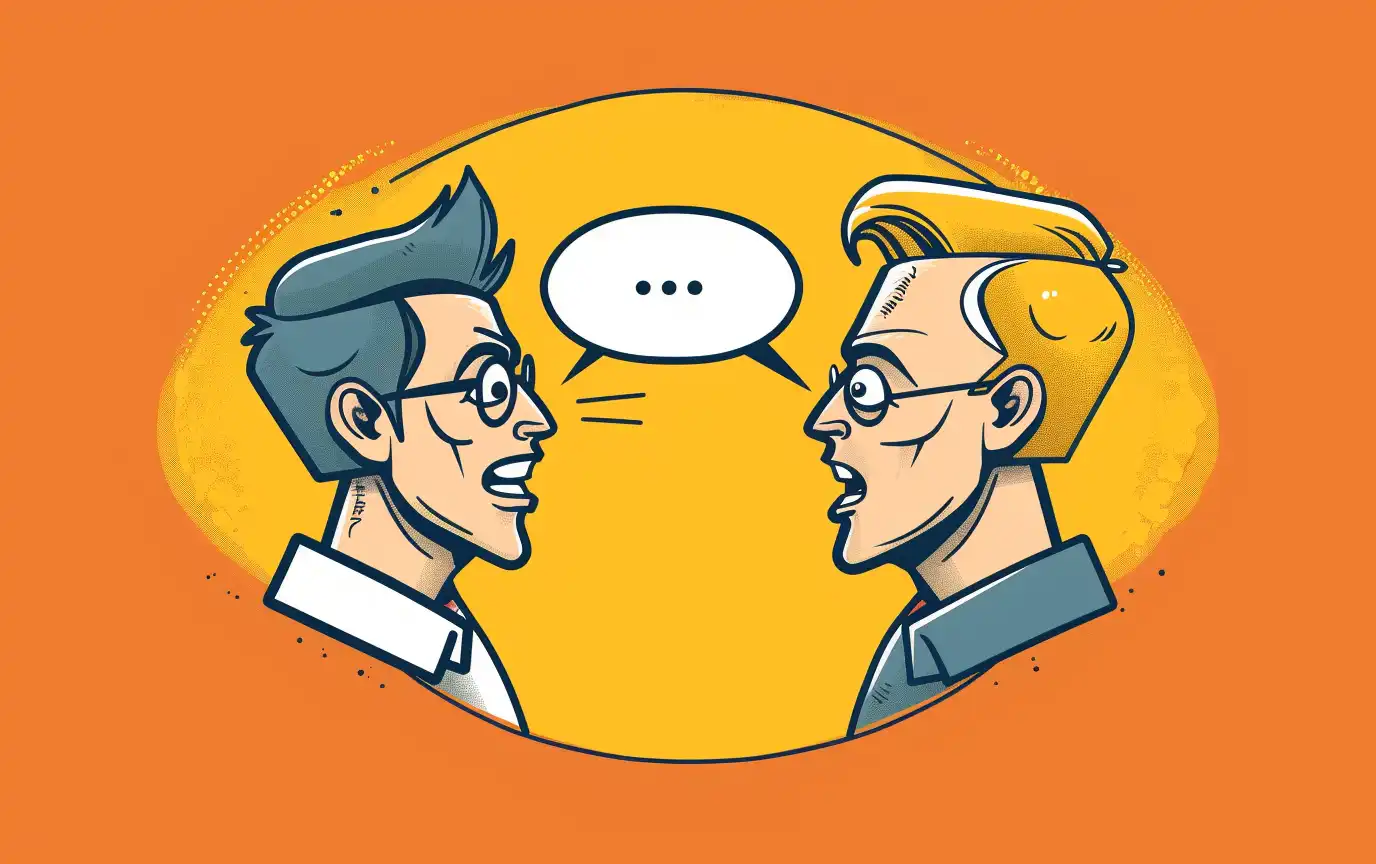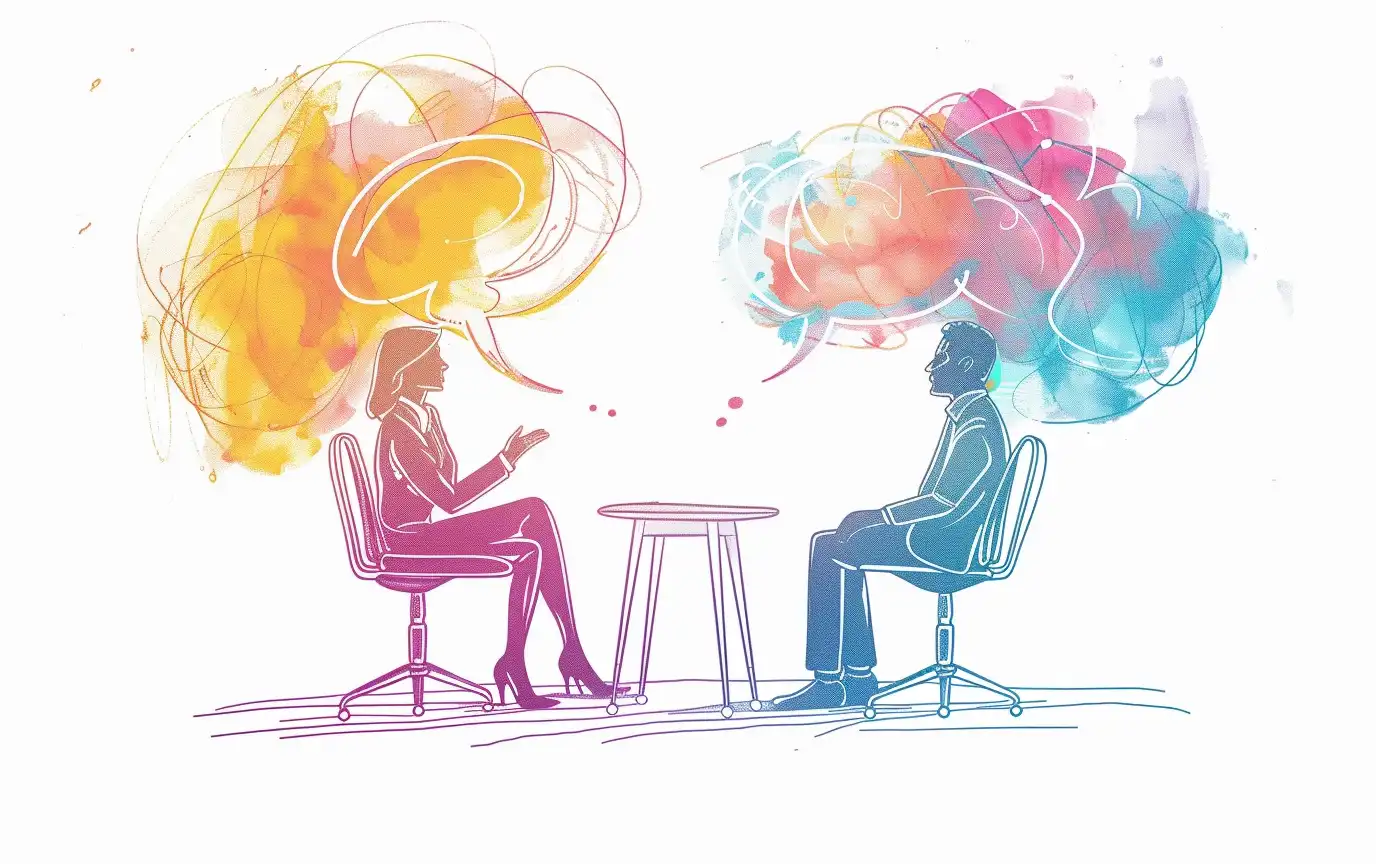Share
- Non-verbal communication is as important as verbal communication in job interviews.
- Understanding and using effective body language can boost your confidence and impact during interviews.
- Mastering non-verbal cues can help you better interpret interviewer feedback and increase your chances of success.

In the world of job interviews, verbal communication is often seen as the primary vehicle for impressing potential employers. However, non-verbal communication, or body language, plays a crucial role that is overlooked by many. This blog post will delve into the power and importance of body language in job interviews.
The Importance of Non-Verbal Communication
Non-verbal communication, often referred to as body language, is an essential aspect of the communication process. This includes facial expressions, hand gestures, posture, and even the way we dress. These non-verbal signals can reveal our true feelings, often more accurately than our words. In a job interview, this means that an interviewer can glean a lot about you simply from observing your non-verbal cues.
Understanding the importance of non-verbal communication can give you an edge in job interviews. It allows you to convey confidence, professionalism, and competence, even without uttering a single word. Moreover, it helps you to read the interviewer's non-verbal cues, enabling you to respond more effectively to their questions and comments.

Mastering the Art of Body Language
Mastering body language in job interviews involves two primary aspects: conveying positive non-verbal cues and interpreting the interviewer's non-verbal signals. Conveying positive cues involves maintaining proper posture, making eye contact, and using gestures that reflect confidence and interest. Dressing appropriately for the interview and maintaining a pleasant facial expression are also important. Interpreting the interviewer's cues, on the other hand, requires attentiveness and practice. It involves observing their facial expressions, gestures, and posture to gauge their reactions to your responses. This can provide valuable insight into whether your responses are hitting the mark, or if you need to adjust your approach.

Non-Verbal Communication Mistakes to Avoid
While mastering non-verbal communication is important, it's equally critical to avoid common body language mistakes. These include avoiding eye contact, slouching, fidgeting, and crossing your arms, which can convey a lack of confidence or interest. Also, being overly expressive or using too many hand gestures can be distracting and may convey nervousness. Finally, remember that your appearance and attire communicate non-verbal messages as well, so dress appropriately and professionally for every interview.
Summary
Understanding and mastering non-verbal communication presents both challenges and opportunities. It requires self-awareness, practice, and the ability to read others' cues, which can be difficult for some. However, those who can harness the power of body language have a significant advantage in job interviews, as they can control the non-verbal messages they send and better interpret those of the interviewer.
In conclusion, non-verbal communication is a powerful tool in job interviews that often goes unnoticed. By understanding its importance, mastering its use, and avoiding common mistakes, you can significantly enhance your interview performance and increase your chances of landing the job.




